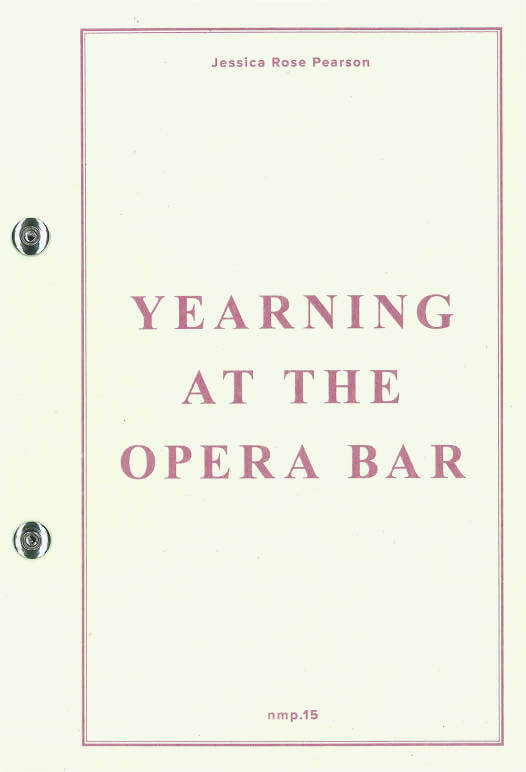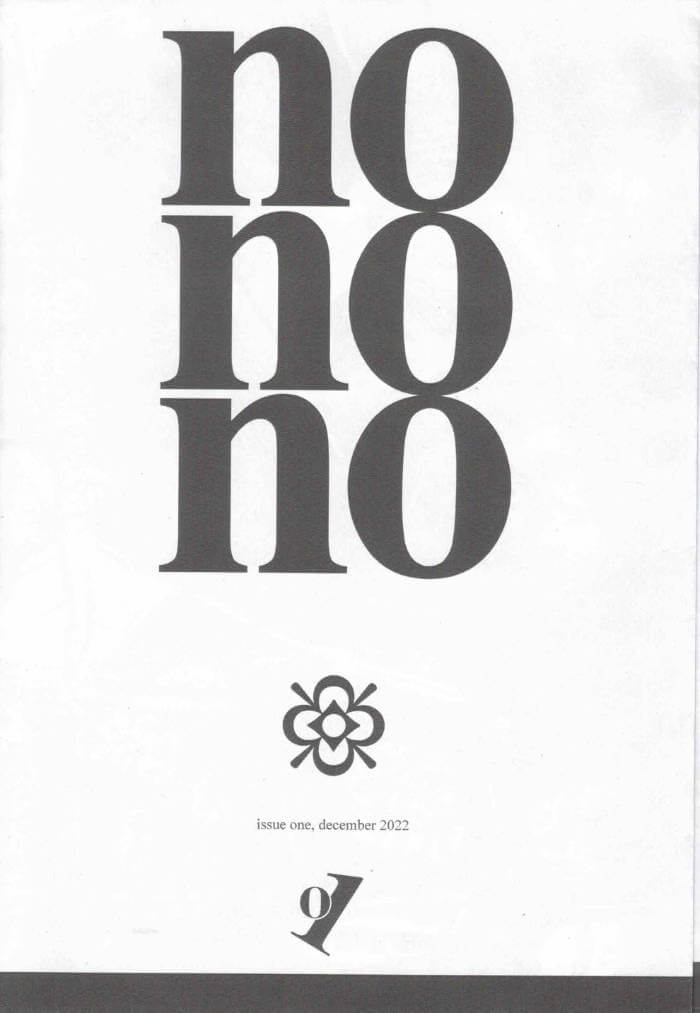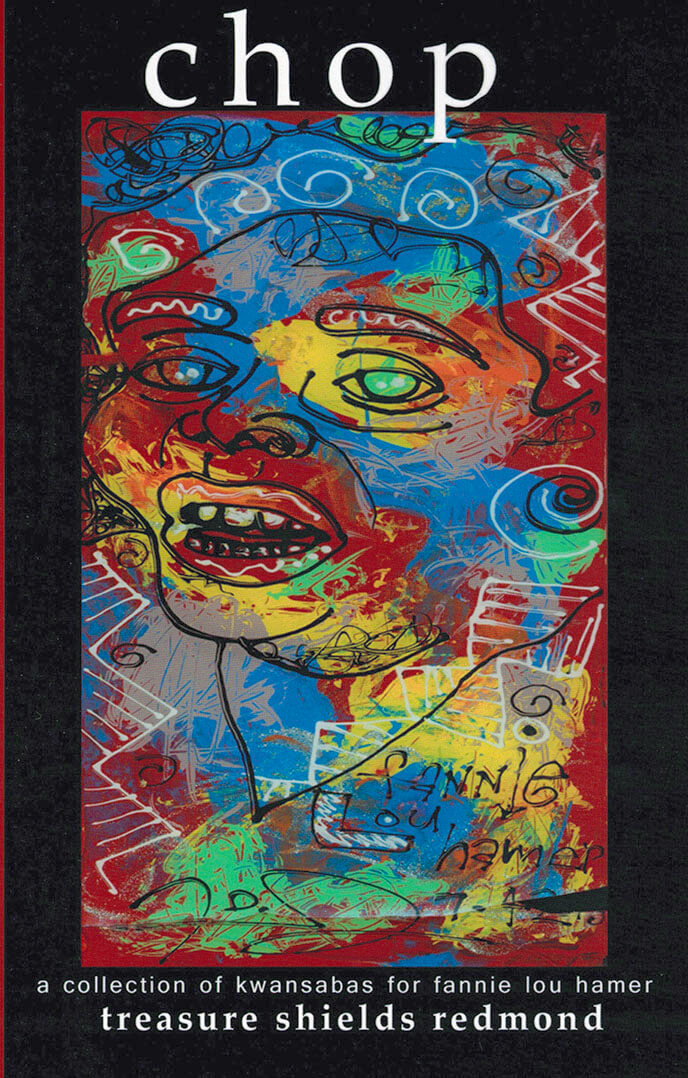
nmp.15 - YEARNING AT THE OPERA BAR
Enter into Jessica Rose Pearson’s debut poetry collection Yearning At The Opera Bar:
The curtain opens on a girl or girl-like thing, early 20’s, laying on the floor of her studio apartment, masturbating, listening to Mass B Minor, BWV 232 “Hohe Messe”: No. 4 Chorus: Et incarnatus est…play it
The next 52 pages descend into the exact document of sex, love and living that you could hope for. The book arrives sharp and stays unrelentingly funny until the very end. What is so special about Pearson’s humour is that it cuts in a way that, while buoyant and playful, reveals something of deep philosophical intrigue. The poetry is determined in its delicate exploration of interpersonal minutiae. Pearson is deeply attuned to both touch and colour and their potential to evoke and seduce the reader. The poetry is concise, considerate and intelligent.
Pearson will define love many times throughout this collection; a pizza hut pamphlet, a green apple, car sex, hourly spoonfuls of yoghurt, stanley tucci. Strangely, what love is doesn’t seem to be what is most important in these poems. What is important is that we get to watch this exploration and in turn witness the many forms desire takes. Indeed we are given a document on love’s mesmerising temporality and strange unpredictable movement. This book is a brilliant survey of attraction’s mysteries.
Language: English







